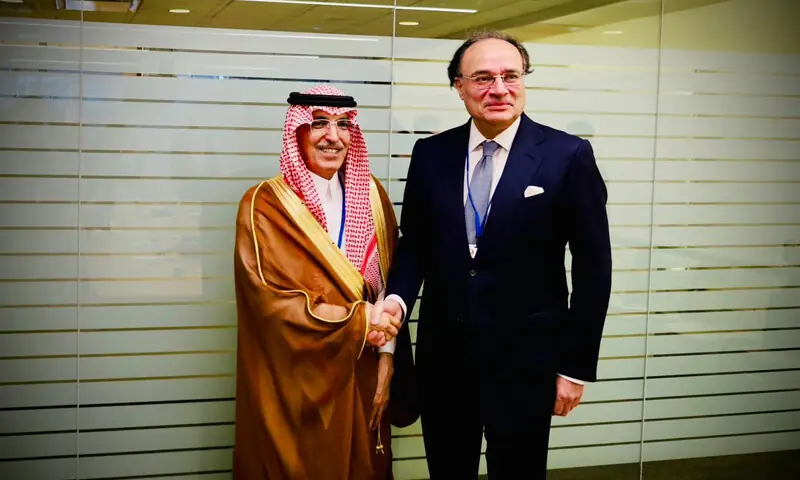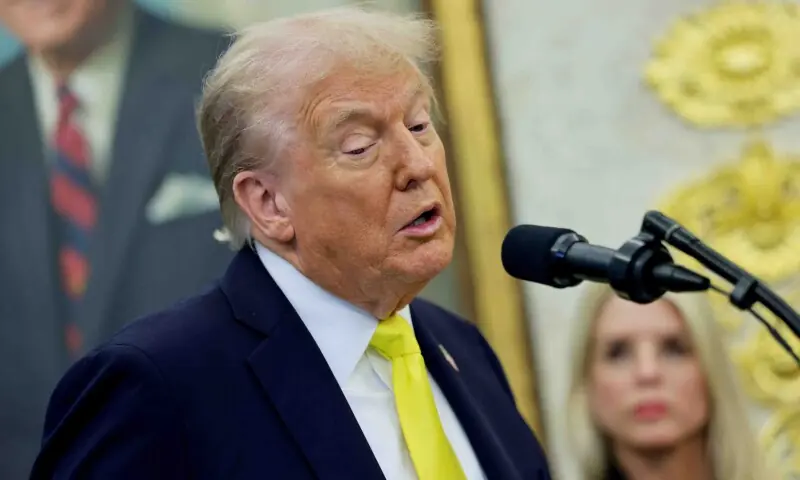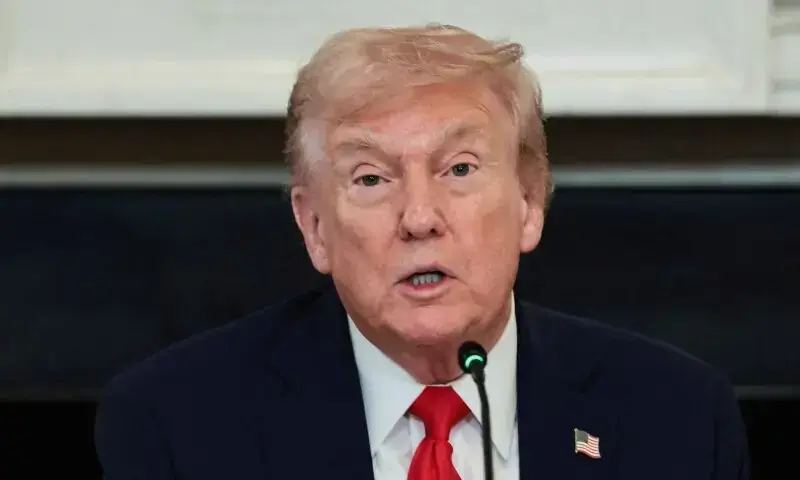ALTHOUGH the nation failed to achieve much-needed stability in the year just concluded, largely due to a controversial election and associated political dissonance, the start of 2025 brings with it hope that new opportunities can be seized to embrace a more constructive path.
There was much to lament in 2024: political discord; institutional atrophy; terrorism on the rise; lack of dynamic economic growth; an Internet crackdown; multiple climate challenges, as well as the resurgence of polio. However, it can be argued that all of these issues are interrelated and the key to addressing them is political stability and good governance backed by an unimpeded democratic process. Without these key elements, the nation will continue to lurch from crisis to crisis, year after year.
Many hoped that the 2024 general elections would end the three-way political deadlock between the PML-N and its allies, the PTI and the establishment. However, this was not to be, as the February 8 elections, widely considered unfair and opaque, have only exacerbated Pakistan’s political crisis.
But there is some hope that the impasse can be resolved democratically, as the PTI and the government parties have begun dialogue. However, unless these parliaments reach a conclusion that prioritizes the well-being of the people and strengthens the constitutional order, rather than weakening it further, we may be back to square one.
The need to address economic problems is as critical as resolving political deadlock, as the two are complementary. Without a political settlement that emphasizes stability and democratic continuity, long-term economic growth will remain a mirage and Pakistan will not be able to emerge from its debilitating debt trap. While crippling inflation levels may have subsided, the common Pakistani is still struggling to make ends meet. Meanwhile, growth is slow. A new economic order is needed that taxes those who do not pay taxes, protects the weak, focuses on growth and job creation, and emphasizes financial self-sufficiency over handouts.
Among the other major challenges facing Pakistan is terrorism, as deadly militant attacks increased sharply in 2024. Defeating the ogre of terrorism requires a united effort with buy-in from all political and security actors. Furthermore, the choking smog of recent years, as well as scorching heat waves and destructive floods, demand that the ruling class address climate change with strong policies, not just promises.
Likewise, it is necessary to address the explosion of polio cases with the speed it deserves. But all these issues (security, health, climate adaptation and others) can only be addressed when the political class stops arguing and focuses on addressing people’s real problems. Meanwhile, to allow civil government to succeed, it is essential that other institutions remain within their constitutional domains.
Published in Dawn, January 1, 2025








